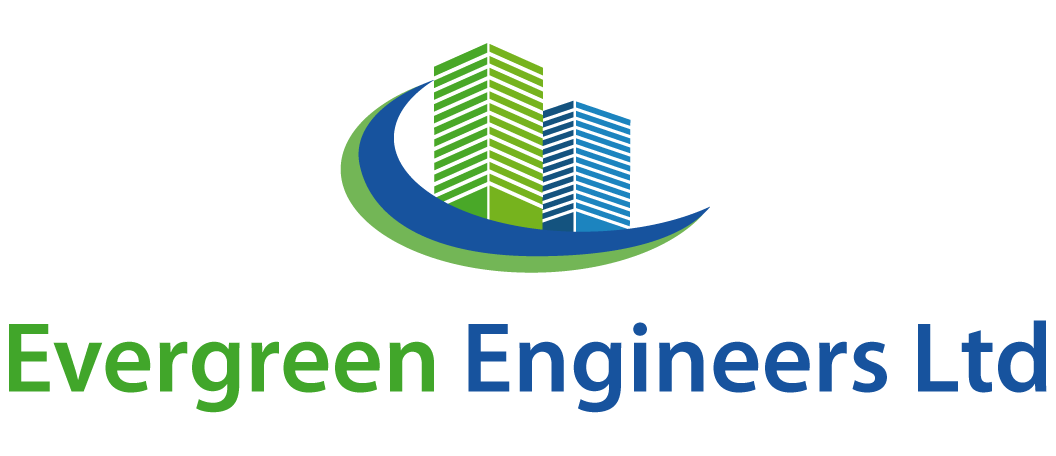Investing in property is one of the most significant financial commitments many people make. Whether purchasing a home or a commercial property, ensuring that the investment is sound is crucial. One of the most effective ways to protect this investment and save money in the long run is through regular property inspections. This blog will...
Author: admin
Things to Know About Property Inspection Report for Spouse Visa
Applying for a spouse visa often involves multiple requirements, including financial documentation, proof of relationship, and accommodation details. One critical aspect of the application is the property inspection report. This document ensures that the accommodation where the applicant and their spouse will live meets certain standards. Here, we will explore the importance, contents, and preparation...
Meeting the Partners Visa Financial Requirements
Meeting the financial requirements for a partner visa is a crucial step for couples planning to start a life together in a new country. This process ensures that the sponsoring partner can financially support the applicant, minimizing the burden on public funds. Here’s a detailed guide to help you navigate the financial requirements for a...
Understanding Commercial Building Inspections: What They Are and What Inspectors Look For
When it comes to commercial properties, thorough building inspections are a critical step in ensuring the safety, functionality, and overall value of the structure. A commercial building inspection provides a detailed assessment of the property’s condition, identifying any issues that could impact its use or value. This blog aims to elucidate what commercial building inspections...
Evergreen Engineers London: The Best Property Inspection Report for Immigration & Visa in East London
If you’re considering immigration or visa applications in East London, having a reliable and comprehensive property inspection report is crucial. Evergreen Engineers London stands out as a trusted provider of property inspection services, ensuring that your immigration or visa process goes smoothly. In this blog, we delve into why Evergreen Engineers London is your best...
Common Mistakes to Avoid in Property Inspection Reports for Visa and Immigration
Property inspection reports play a crucial role in visa and immigration applications, providing evidence of suitable accommodation for applicants. However, certain mistakes in these reports can lead to delays, rejections, or complications in the immigration process. In this blog post, we’ll discuss common mistakes to avoid when preparing property inspection reports for visa and immigration...
Navigating the Sale of a Property with Unregulated Changes: Challenges and Considerations
Selling a property can be a complex and daunting process, especially when there are unregulated changes or alterations made to the property. These changes, whether structural or cosmetic, can pose challenges and considerations for both sellers and buyers. In this blog, we’ll explore the intricacies of selling a property with unregulated changes, highlighting the potential...
Why Is It Important to Perform Rental Property Inspection
Performing rental property inspections is a crucial aspect of property management that benefits both landlords and tenants. In this comprehensive blog, we’ll explore the importance of rental property inspections, the types of inspections, how they are conducted, and the value they bring to all parties involved. Understanding Rental Property Inspections Rental property inspections refer to...
Borderlines and Baselines: Understanding Property Inspection Reports for Immigration
In the realm of immigration, property inspection reports play a pivotal role in determining eligibility and suitability for visa applications. These reports provide crucial insights into the living conditions, accommodation arrangements, and overall compliance with immigration requirements. Understanding the intricacies of property inspection reports is essential for both applicants and immigration authorities, as they form...
Visa Success Blueprint: How Property Inspection Reports Make a Difference
Imagine you’re planning to move to a new country, full of dreams and aspirations. You’ve done your research, gathered all the necessary documents, and now it’s time to apply for your visa. Among the myriad of requirements, one document stands out as a pivotal factor in your visa success: the property inspection report. In this...







